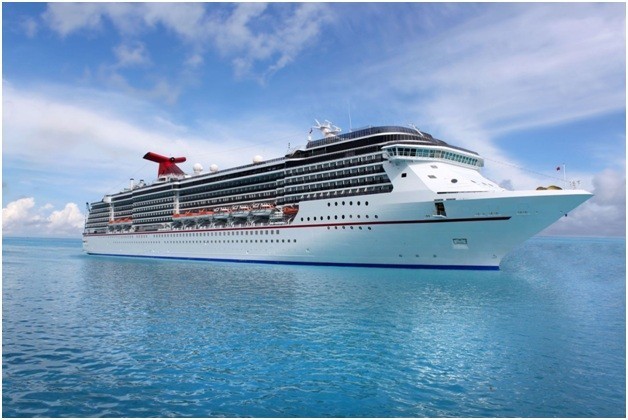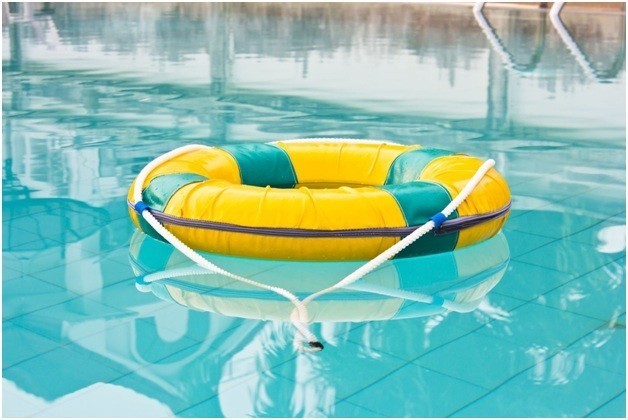Drowning deaths occur every year on major cruise lines, yet almost none of those cruise lines bother to employ lifeguards. Now, the parents of a Central Florida boy who drowned on a Carnival cruise last fall are speaking out about this gross negligence.
Caselle and Tashara Hunter lost their 6-year-old son, Qwentyn, on the final day of their five-day cruise on the Carnival Victory. The decks and midship pool were packed for a final party when Qwentyn, who was playing in the pool, went under the water. A ship DJ noticed and yelled for someone to rescue Qwentyn, but it was too late. Passengers and cruise ship staff attempted to revive the young boy using CPR, but to no effect.
Tashara and Casselle are devastated, and they’re now questioning Carnival’s failure to employ lifeguards. Of the major cruise lines, only Disney, who has built their image on being family-friendly, staffs their ships with lifeguards—and they only started doing that after a near-drowning in one of their pools this past spring. Given the series of fatal drowning cases in recent years, many passengers and safety advocates are baffled about cruise lines’ refusal to hire lifeguards.
Death on the High Seas Act
If cruise lines were governed by US law, they would most likely have faced a series of wrongful death lawsuits after children drowned in their pools. But because cruise lines are governed by maritime law, there is little parents can do to recover damages after losing a child in a drowning accident. Under the Death on the High Seas Act, families can sue for financial losses but not emotional suffering—and since children are not income providers, there are no financial losses to warrant a lawsuit after this kind of accident.
It’s an outdated law, but it’s one that works in cruise ships’ favor, because it allows them to get away with just posting signs saying that their pools are unsupervised instead of actually making these areas safe for children by hiring lifeguards. Cruise lines certainly receive negative publicity when a drowning death occurs, and it’s pretty safe to assume that no one who works for a cruise line wants to have someone die on their ship. However, in purely financial terms, cruise lines lose little after this type of accident.
We Need Lifeguard Legislation
Although cruise lines might gradually decide to employ lifeguards after drowning deaths or close calls, as was the case of Disney, we can’t afford to wait for that to happen. The only way to guarantee that cruise ships will hire lifeguards is to pass legislation requiring them to do so. In addition, we need to make it mandatory for any cruise ship personnel staffing the pool to be trained in CPR. Given the number of passengers who pay to go on cruises every year, it is entirely reasonable to expect cruise lines to pay for a few extra staff members and additional safety training.
Although Tashara and Casselle Hunter know that nothing can bring their son back, they’re hoping that by telling their story, they’ll be able to motivate Congress to amend the Death on the High Seas Act and make cruise ships a safer place for children. Tashara is determined to make a change, and says, “One thing for sure [is] my son’s death will not be in vain.”
About the Author:
Andrew Winston is a partner at the personal injury law firm of The Law Office of Andrew Winston. He has been recognized for excellence in the representation of injured clients by admission to the Million Dollar Advocates Forum, is AV Rated by the Martindale-Hubbell Law Directory, and was recently voted by his peers as a Florida “SuperLawyer”—an honor reserved for the top 5% of lawyers in the state—and to Florida Trend’s “Legal Elite.”









